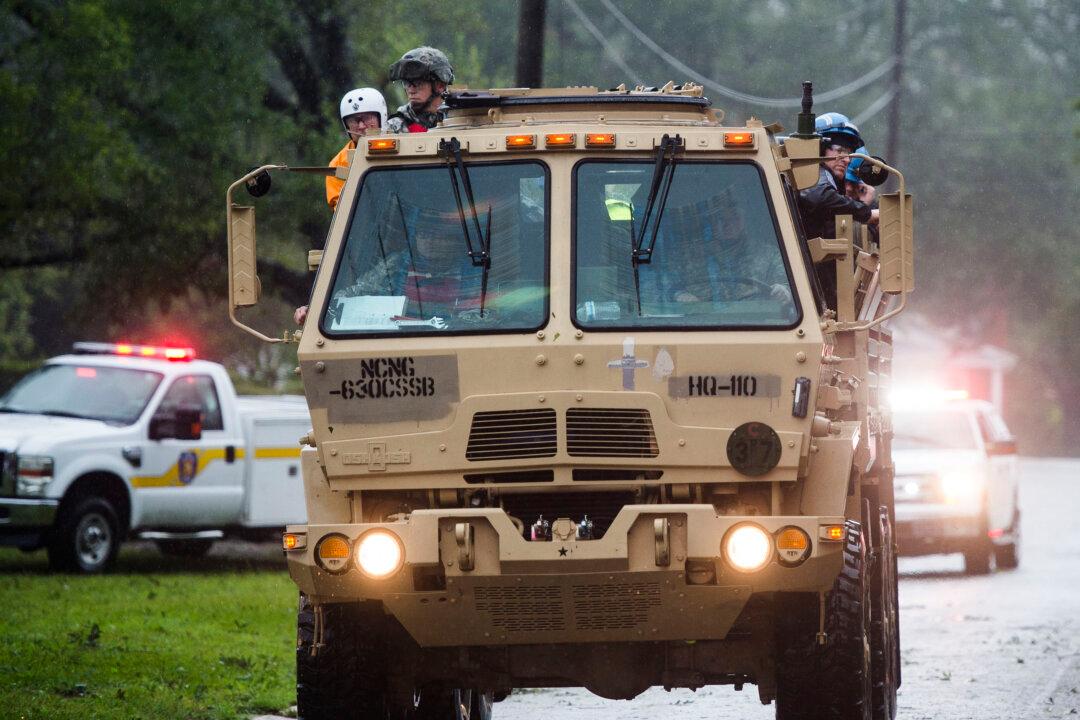The Federal Emergency Management Agency (FEMA) is warning Americans that scams may be proliferating in the wake of Hurricane Helene’s devastation across several states.
The agency specifically singled out identity theft- and fraud-related scams because some criminals might attempt to obtain people’s personal identifying information by “pretending to be disaster workers,” according to a statement issued on Oct. 6, several days after Helene caused significant damage to infrastructure, entire towns, water and electrical systems, and roads across western North Carolina.





